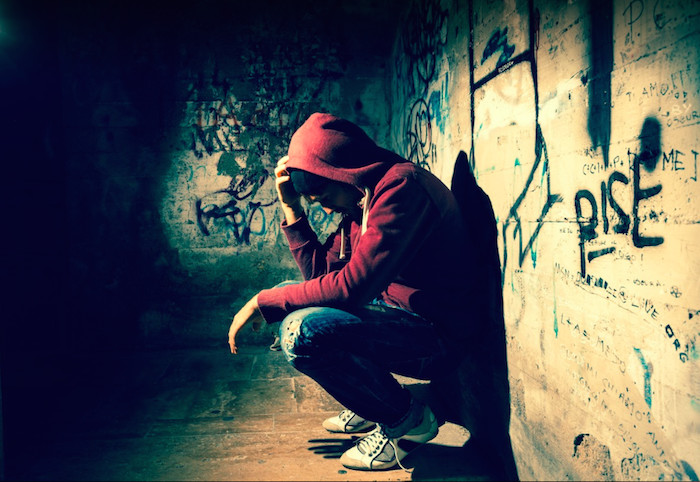
As a volunteer for Under One Sky, Artesian's Anna Sebastian has seen the link between hospitality and homelessness first hand. She reports back.
Homelessness is the old man with the beard who always sits in the same spot cradling a cup of tea. It is the eccentric woman with a trolley laden with everything she owns and it’s the drunk that sits by the station clutching a bottle of cider laughing to himself. But it is also the unknown faces that fade into a busy bus stop, the young couple that sit with their bags at Charing Cross station each day trying to blend in. It is the young lad from Liverpool who can quote Orwell, Shakespeare and Wordsworth.
At the beginning of April I began volunteering for the non-profit organisation Under One Sky and I soon found homelessness is hospitality’s problem too. There was the chef who didn’t get enough furlough to afford his rent and now lives on the street. The 50-year-old server from Bulgaria who used to work for a Mexican restaurant in the City and now spends his days in Leicester Square facetiming his wife and 6-year-old daughter to reassure them he is okay. And the young bartender from Slovakia who couldn’t speak because of the shock of being on the streets and has now succumbed to spice.
Recent research suggests that 30% of homeless people are from the hospitality industry. These people, their stories, are our stories as well. Their bad luck could have been ours. Statistics say hospitality workers are only three pay checks from being homeless – when the pandemic hit, it hit us hard, and our industry couldn’t have been worse prepared.
Street life
In the early days of volunteering for Under One Sky (which provides free clothes, food, drink and support to the homeless) I would go to bed processing everything and everyone I had met on the streets. I learned that sugar is a currency, with people desperate for the energy to get through the day. I learnt how much our homeless friends relied on the footfall of train stations for money, food and shelter. A few weeks in and I started to see the dark reality of what living on the streets was about: the abuse, the drugs, the danger and the daily battle with infection. I met many people from our industry who had become homeless as a result of Covid. For me, going out there each day became an addiction of my own - every single night, come rain or shine, I was there.
People ask what it is like going from a 5-star environment to serving teas and coffees on the street. The truth of the matter is that it is really not that different. Serving our guests and homeless friends are not that far apart - they all have good and bad days, sometimes they want a chat, other times they want to be left alone. The point is: they are all human and deserve respect and time.
Hospitality is not confined to the walls of a beautiful building. Real hospitality is giving your time to someone whatever the circumstances. The action is easy but it is the thought, the sincerity and integrity behind it that makes a difference and defines us as an industry.
This last year has changed the way I will look at our industry forever. The pandemic knocked hospitality to its knees, but we cannot say we couldn’t have been on a stronger footing. Seeing this fragility exposed first hand – how quickly a lost job, reduced hours or the loss of tips can lose people to the streets - fills me with sadness. But I also have hope for a better future. One in which hospitality starts closer to home.


